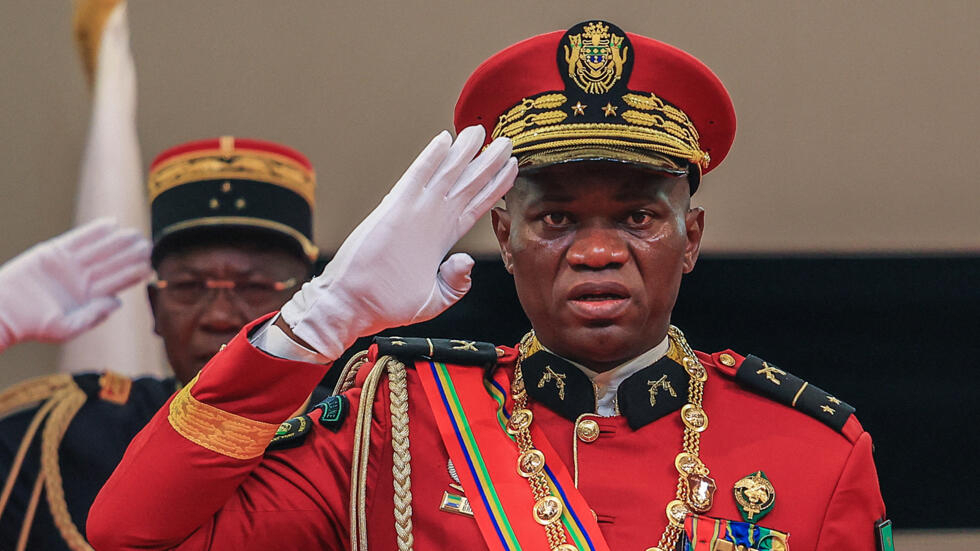After a “bloodless” coup, Brice Oligui Nguema, the new interim president of Gabon, will take office on Monday and has pledged to bring in “more democratic institutions” before “free elections.”
Military authorities reopened the land, sea, and air borders on Saturday, indicating a return to normalcy.
On state television, a military spokesman for Gabon announced that the country’s military authorities had “decided with immediate effect to reopen the land, sea, and air borders as of this Saturday.”
Colonel Ulrich Manfoumbi Manfoumbi states that “the Committee for the Transition and Restoration of Institutions (CTRI) has decided to reopen the land, sea, and air borders with immediate effect” in order to “ensure continued respect for the rule of law, good relations with our neighbors and with all states around the world, and to promote the continuity of the State while demonstrating our firm determination to honour our international commitments.”
In a statement broadcast on the Gabon 24 television channel on Wednesday, a group of 12 Gabonese soldiers said that the nation’s borders were locked until further notice.
President Ali Bongo Ondimba, a member of a family that had reigned for 55 years, was overthrown by officers under the command of General Brice Oligui Nguema, commander of the elite Republican Guard.
His removal occurred shortly after Bongo, the weekend’s declared winner of the presidential election, which the opposition called a sham.
The leaders of the coup claimed to have closed the borders, dissolved the government, and annulled the election results.
Five other nations in Africa — Mali, Guinea, Sudan, Burkina Faso and Niger — have witnessed coups in the previous three years. Their new leadership have resisted demands for a rapid schedule for returning to barracks.
